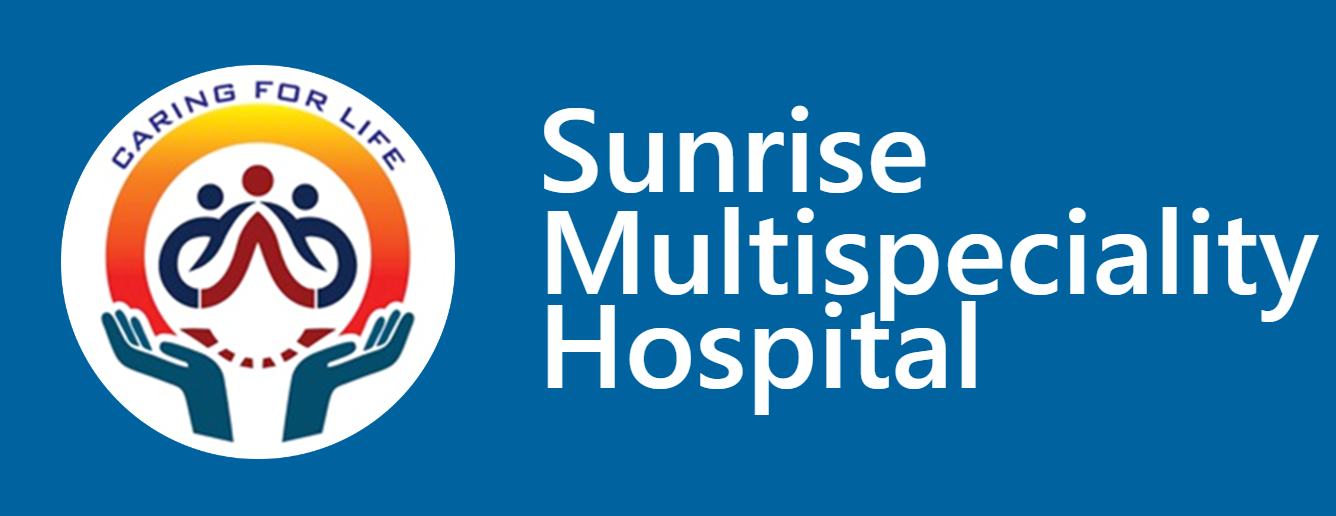- July 30, 2020
- By: admin
- No Comments
The Role of General Medicine in Chronic Disease Management
Chronic diseases such as diabetes, hypertension, and heart disease require ongoing management to prevent complications. At Sunrise Multispeciality Hospital, our general medicine team offers comprehensive care for patients with chronic conditions. We emphasize the importance of regular monitoring, medication adherence, and lifestyle modifications. Our goal is to help patients manage their conditions effectively, improving their quality of life and preventing hospitalizations.
Understanding Chronic Diseases
Chronic diseases are long-term conditions that often progress slowly and require ongoing medical attention. Common chronic diseases include diabetes, hypertension, heart disease, and chronic respiratory conditions. These diseases can significantly impact a person’s quality of life and increase the risk of complications.
Importance of Regular Monitoring
Regular monitoring is essential for managing chronic diseases. This includes routine check-ups, blood tests, and other diagnostic tests to assess the condition’s progression and effectiveness of treatment. Monitoring helps detect any changes early, allowing for timely adjustments to the treatment plan.
Medication Adherence
Adhering to prescribed medications is crucial for managing chronic diseases. Medications help control symptoms, prevent complications, and improve overall health. Patients should follow their doctor’s instructions and take medications as prescribed. If there are any concerns or side effects, they should discuss them with their healthcare provider.
Lifestyle Modifications
Lifestyle modifications play a significant role in managing chronic diseases. This includes adopting a healthy diet, engaging in regular physical activity, quitting smoking, and reducing alcohol consumption. These changes can help control symptoms, improve overall health, and reduce the risk of complications.
Patient Education and Support
Educating patients about their condition and providing support is essential for effective disease management. Patients should understand their condition, treatment options, and the importance of lifestyle changes. Support groups, counseling, and educational resources can help patients stay motivated and manage their condition effectively.


